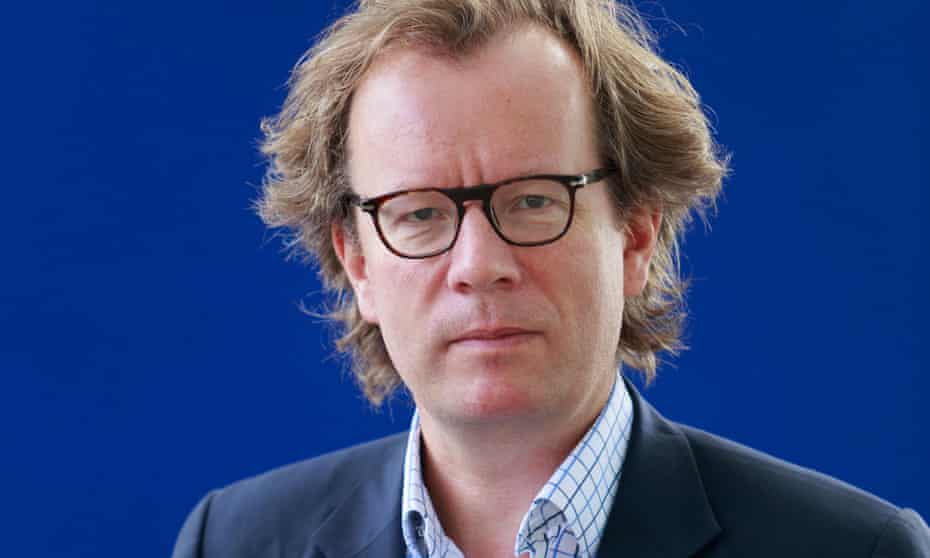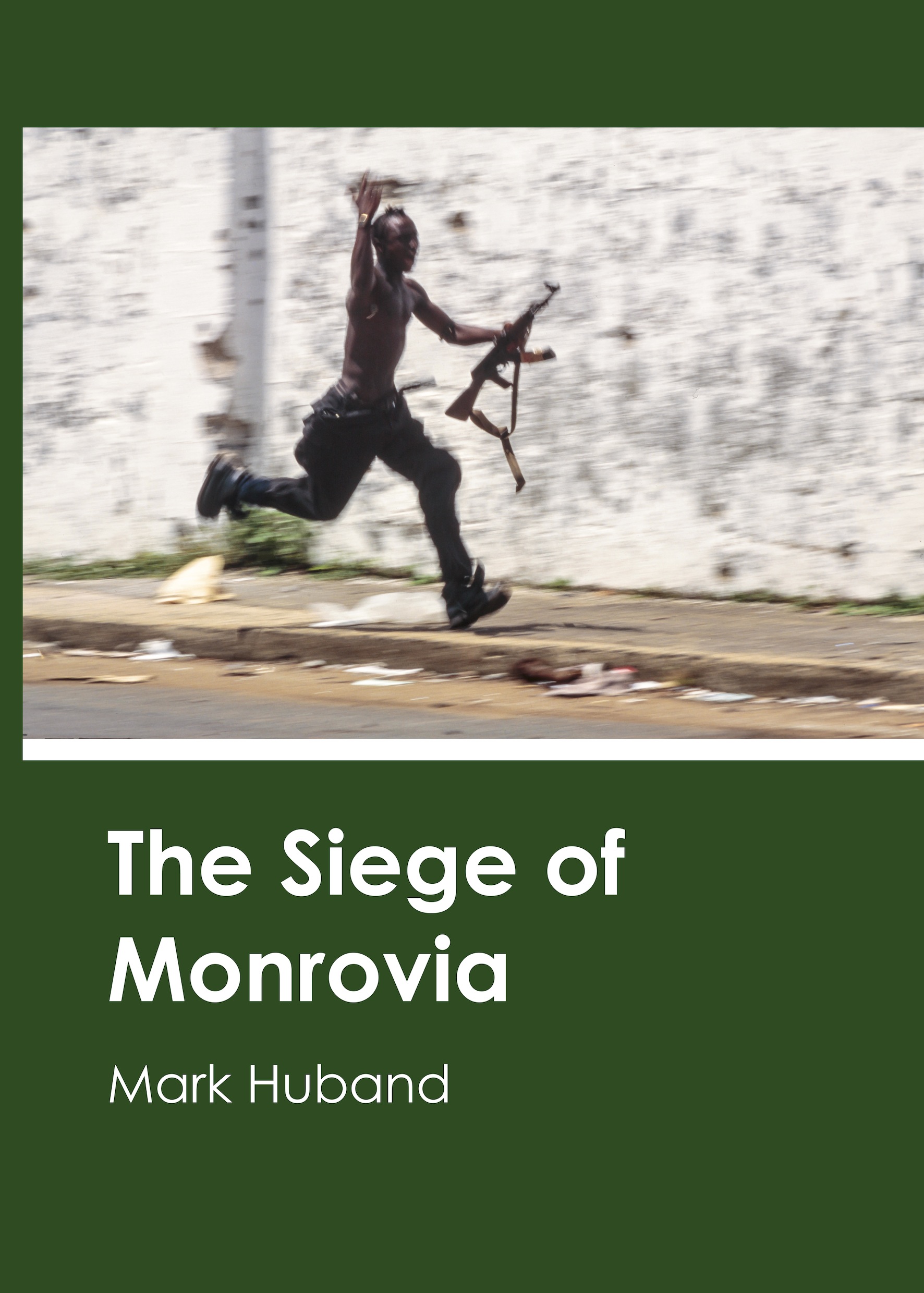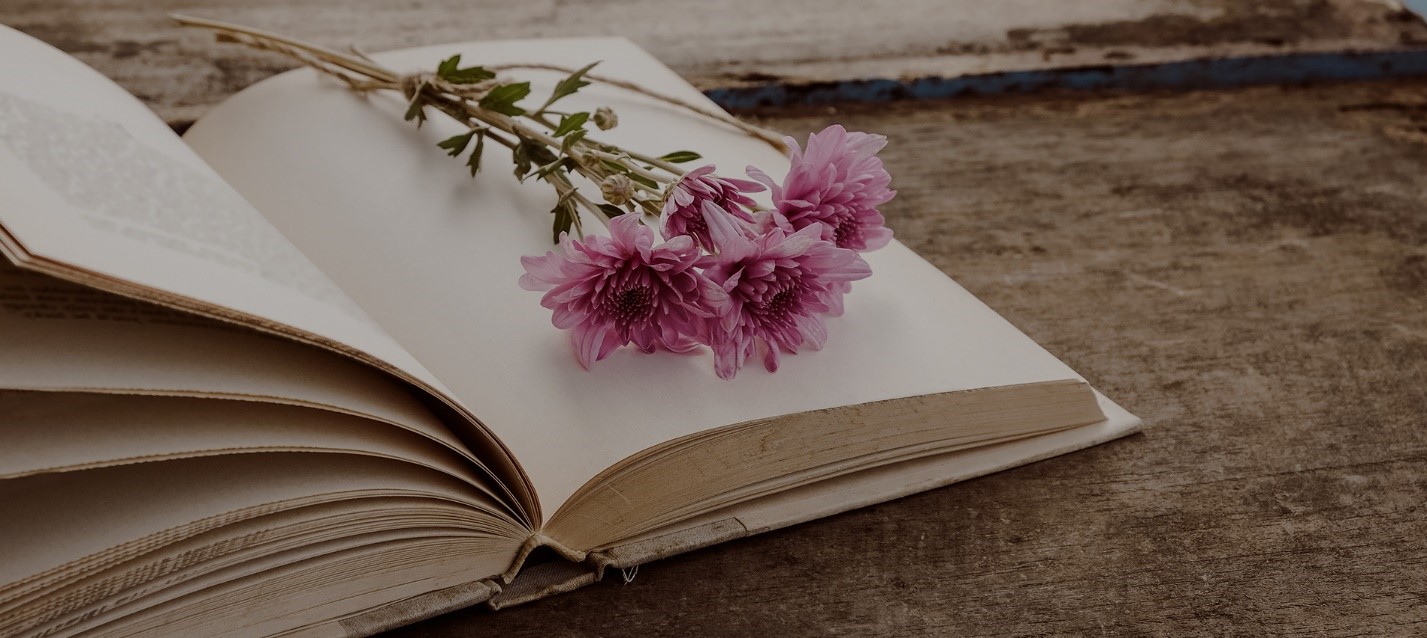Two Must-read Books by Mark Huband, journalist, writer, and poet, born 30 August 1963; died 6 November 2021

Photo: Live Canon
'As an eyewitness account, as reportage, as poetry, Agony: A Poem of Genocide is a unique and deeply affecting journey through the experience of humanity at its most evil. A witness to the Rwandan genocide, Mark Huband challenges the human race to confront this most horrifying of truths, in a poem unprecedented in its range, power and the potency of its language. Haunted by the reality of evil, Agony is a poem which exposes the violence which has been repeated throughout human history, and aims through its raw honesty and brutal power to force us as peoples to confront this evil in the hope that to do so will prevent it from again being unleashed. Drawing upon the works of writers, philosophers, killers and survivors, Agony: A Poem of Genocide also stands as powerful testimony to humanity’s ability to look hard into itself – and to perhaps even learn from the experience of doing so.'
Mark Huband (1963-2021)

Mark Huband in 2013, the year he published Trading Secrets: Spies and Intelligence in an Age of Terror.
Photo: Pako Mera/Alamy/ Via The Guardian
'Born on the Yorkshire moors, Mark Huband grew up in Harlow, Essex. As a journalist and author he spent twenty-five years travelling the world. Postings as a newspaper correspondent in Abidjan and Nairobi took him to most countries of sub-Saharan Africa as they emerged from the Cold War. Initially for the Financial Times and then as Africa correspondent for the Guardian and the Observer, he covered the civil war in Liberia, the famine in Somalia, genocide in Rwanda and Burundi, and the conflicts in Angola and Sudan. Moving to Morocco, his focus was the emergence of political Islam across North Africa and the Middle East. Rebasing to Cairo as regional correspondent for the Financial Times, he became immersed in the turmoil stretching from Afghanistan to Algeria. Moving to London, in the wake of the 11 September 2001 terrorist attacks he was appointed to oversee the FT’s coverage of Al-Qaida – a role which took him from the slums of Manila to the prison at Guantanamo Bay.
'The author of eight books on Africa, the Middle East and global affairs, Mark Huband’s debut collection of poetry, American Road, was published by Live Canon in 2014. A book-length poem – The Siege of Monrovia (Live Canon, 2017) – has been followed by three pamphlets: Skinny White Kids (2017), Exile (2018) and The Candidate (2020), an account of his experience as a parliamentary election candidate'...Mark Huband passed away on 6 November 2021
Read more about Mark Huband’s life journey HERE
Buy Agony, A poem of genocide HERE
Another must-read book of poetry by Mark Huband

Photo: Live Canon
‘In 1989 a young foreign correspondent, looking to make a name for himself, set off for a new life in West Africa. Writing initially for the Financial Times and subsequently for The Guardian, Mark Huband travelled far and wide, from the tumult of Mobutu s Zaïre to the Saharan homeland of the Touaregs, telling the stories of West Africa during that tumultuous time as the Cold War came to an end. When a small group of Libyan-trained fighters crossed the border into Liberia on Christmas Eve 1989, the series of wars which followed tore Liberia to pieces. Ostensibly launched to bring an end to the ten-year dictatorship of Liberia s President Samuel Doe, the ensuing decade of bloodshed left the country brutalised, its people traumatised, and its economy ruined. Rebel factions formed around Charles Taylor, a renegade government minister, and Prince Johnson, a former government soldier who broke away from Taylor s National Patriotic Front of Liberia. Characterised by the use of child soldiers, rape, drug-fuelled violence, and tribal slaughter, the Liberian civil war rapidly lost its purpose of liberating Liberians from dictatorship. Mark Huband was the first journalist to reach behind rebel lines, and reported on the war from all sides. Most journalists left when Monrovia, Liberia s capital city, was besieged by both rebel factions in the summer of 1990. Mark remained for the three months that the city was under attack, and his award-winning journalism provided a unique account of the conflict and its atrocities. But it is only now, almost thirty years later, that Mark has been able to write his own personal account of that time he spent among the rebels, killers, victims and warlords. He has found a way to do this in poetry, the terza rima form of the narrative poem The Siege of Monrovia allowing the verse to speak the unspeakable and describe the indescribable, in a work which bears witness to a time of chaos and bloodshed, but which also has space for light and humanity.’
Buy The Siege of Monrovia HERE
Read more on the healing power of poetry: A pick from our GCGI archive

Photo:PenguinBooks
Finding sanctuary in poetry during lockdown
Lockdown lawyers finding solace in poetry to deliver justice in times of COVID-19
Poetry is the Education that Nourishes the Heart and Nurtures the Soul
What a blissful day it was visiting "The loveliest spot that man hath ever found”
The Road to Bliss: My Joyous Journey in the Company of Poets
